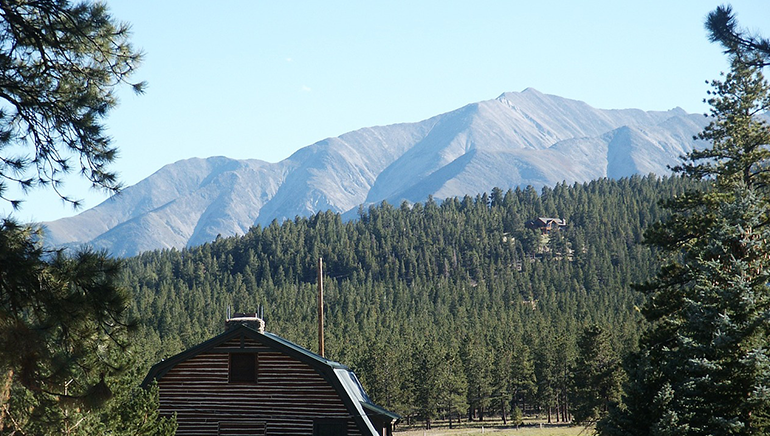
Today, we'll cover what you should look for when choosing a new heating and cooling contractor and what to consider when it's time to replace your system. It’s important that you're aware of your options and know what to look for so you can install the best system possible the right way—the first time. All of these things will help you save money and stress less through the seasons.
This blog post is part of Pacific's Heating and Cooling Series.
Choosing a Heating and Cooling Contractor
If you need your unit repaired or replaced, or if you need to have someone perform an annual inspection on your air conditioner or furnace, make sure you hire someone you can trust. You want the work to be done well and for a fair price. Make sure the contractor
- Is licensed and insured to install or repair the equipment
- Has experience in your local community
- Performs an inspection and gives you a bid before starting the actual job
- Can provide a refrigerant handling certification
- Provides references and examples of previous work
- Will submit a warranty information card for you
- Leaves equipment manuals behind for you
- Gives you documentation of any installation procedures
Before your contractor begins work, make sure both of you have signed a written proposal that lists details about the work, price, start and end dates, warranty information and documentation, permits required for the project, and liability insurance and licenses (if required).
When Replacing Your Air Conditioner
If it’s time to replace your air conditioner—if it’s around 10 years old, outdated, inefficient, or requires frequent repairs—there are a few tips you should follow to get the most out of your new installation. Most air conditioning systems consist of an outdoor unit (condenser) and an indoor unit (with evaporator coils). See our last blog post, How Does My Air Conditioner Work, to learn more. It’s important to replace both indoor and outdoor units at the same time. Why? Because if you don’t, your new unit will most likely run much more efficiently than the older one, which could cause your entire system to run inefficiently and fail prematurely.
Also consider replacing your heating system at the same time as your air conditioner. Talk with a trusted HVAC technician to determine if this is necessary. Furnaces typically should be replaced every 15 years or so. The blow motor that pushes cool air through the ducts and into your living space is usually connected to the furnace. If your furnace is fairly new, then you probably won’t need to replace it when you replace your AC. If it’s older, replacing it with a more efficient model that will keep up with your new air conditioner could be a smart move.
Energy Star
When replacing any type of heating and cooling system, make sure it’s Energy Star qualified. Air conditioning units that have received the Energy Star have a higher Seasonal Energy Efficiency Ratio (SEER) than standard models. This measurement determines how efficiently the cooling system will operate throughout the season.
If your air conditioner needs to be replaced or repaired, call Pacific Sheet Metal in Aspen, Colorado! We’re your local heating and air conditioning experts, and we’d be happy to help. Contact us today by clicking the button below!
